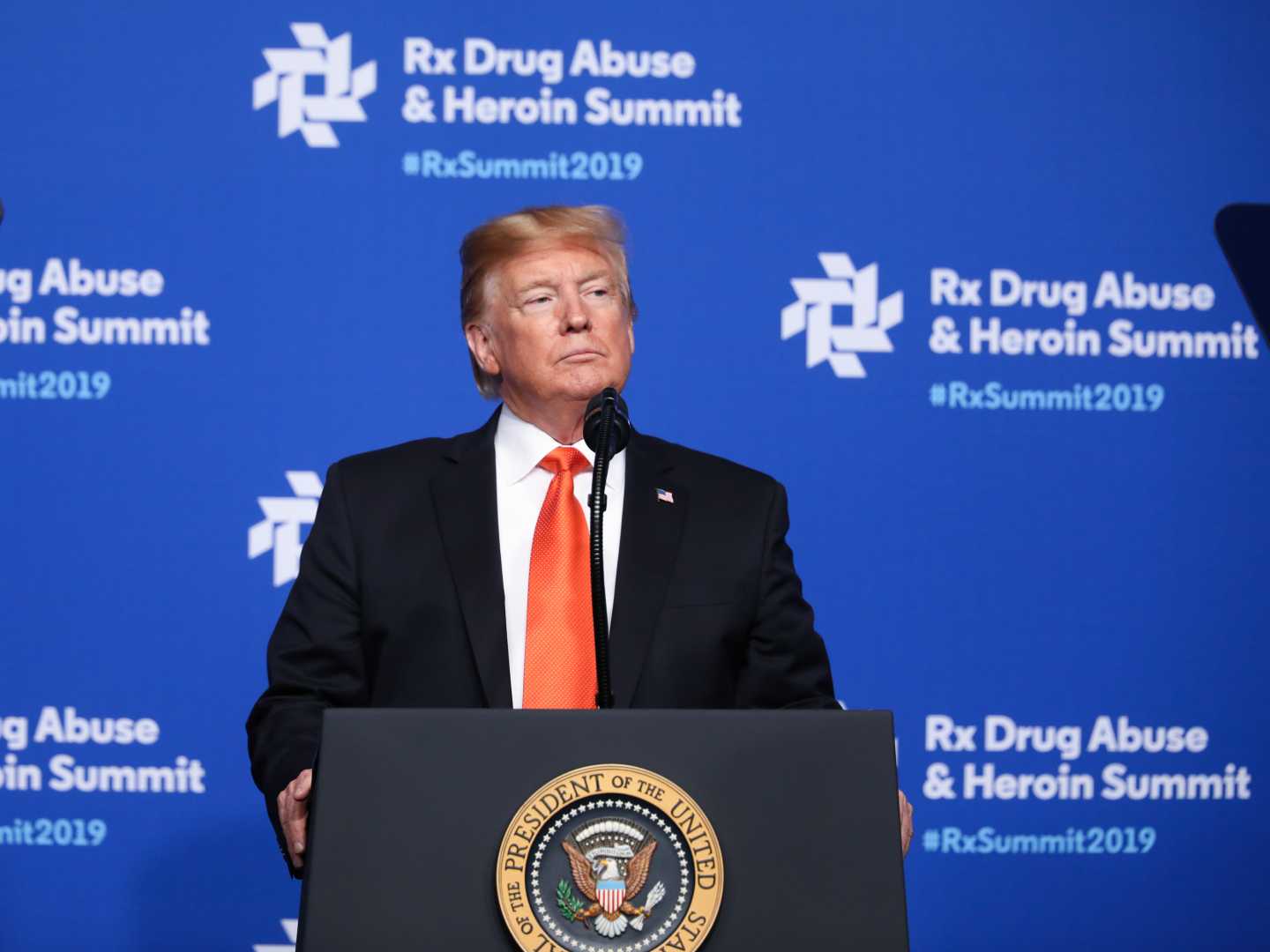Health
Trump Administration Cuts $11.4 Billion in Addiction Funding, Experts Warn of Risks

WASHINGTON, D.C. — The Trump administration announced on March 27, 2025, that it will freeze and revoke approximately $11.4 billion in federal funding aimed at addiction treatment and mental health programs, a controversial decision that addiction experts warn could jeopardize vulnerable patients.
According to a statement from the U.S. Department of Health and Human Services (HHS), the cuts are part of a broader strategy to redirect funds towards addressing what the administration describes as America’s “chronic disease epidemic.” The decision comes in the wake of the COVID-19 pandemic, which officials claim is no longer a pressing concern.
Keith Humphreys, an addiction policy researcher at Stanford University, expressed grave concern about the cuts, stating, “This is chopping things off in the middle while people are actually doing the work. Services will be dropped in the middle. Bang, the clinic is closing. It’s a brutal way to make these cuts.” He cautioned that the move could lead to layoffs and critical service disruptions for individuals relying on these programs.
The slashing of federal grants, originally scheduled to continue through September 2025, has left state and county health departments scrambling to adapt. Drug overdoses, which have been linked to substances such as fentanyl, continue to pose a significant risk, with the latest CDC data indicating that over 84,000 Americans die each year from related causes.
“With overdose deaths still exceeding 80,000 annually, is the Trump administration declaring victory?” asked Regina LaBelle, a drug policy expert at Georgetown University and former Biden administration official. LaBelle emphasized that many of the rescinded funds were crucial for maintaining progress against rising overdose rates.
Ohio‘s Republican Governor Mike DeWine stated that his administration is “awaiting firm details before commenting” on the cuts, while Democratic leaders have expressed outrage. Senator Patty Murray from Washington condemned the decision, asserting, “Senselessly ripping away this funding Congress provided will undermine our state’s ability to protect families from infectious diseases and assist those needing mental health care.”
Similarly, New York Governor Kathy Hochul highlighted the dangerous timing of these cuts, particularly as the state grapples with ongoing opioid crises and rising mental health challenges. Her state stands to lose roughly $300 million, predominantly allocated for rural health departments.
HHS officials responded to the backlash, maintaining that most of the rescinded programs were obsolete and stated their commitment to redirect funding toward more current health needs. “We will no longer waste billions of taxpayer dollars responding to a non-existent pandemic,” a spokesperson said.
Colorado’s Behavioral Health Administration warned that its state’s projected $250 million in cuts could impact up to 60 programs, risking the accessibility of life-saving treatment for patients. “So many cases are life-saving programs, and we worry for the wellbeing of those who have come to count on this support,” remarked Allie Eliot, a spokesperson for the agency.
As the shake-up unfolds, experts predict potential deeper cuts to Medicaid funding, which is the primary insurance provider for many individuals seeking substance use treatment. “It’s a frightening prospect that could prove to be extremely painful for families facing addiction,” warned Humphreys.












